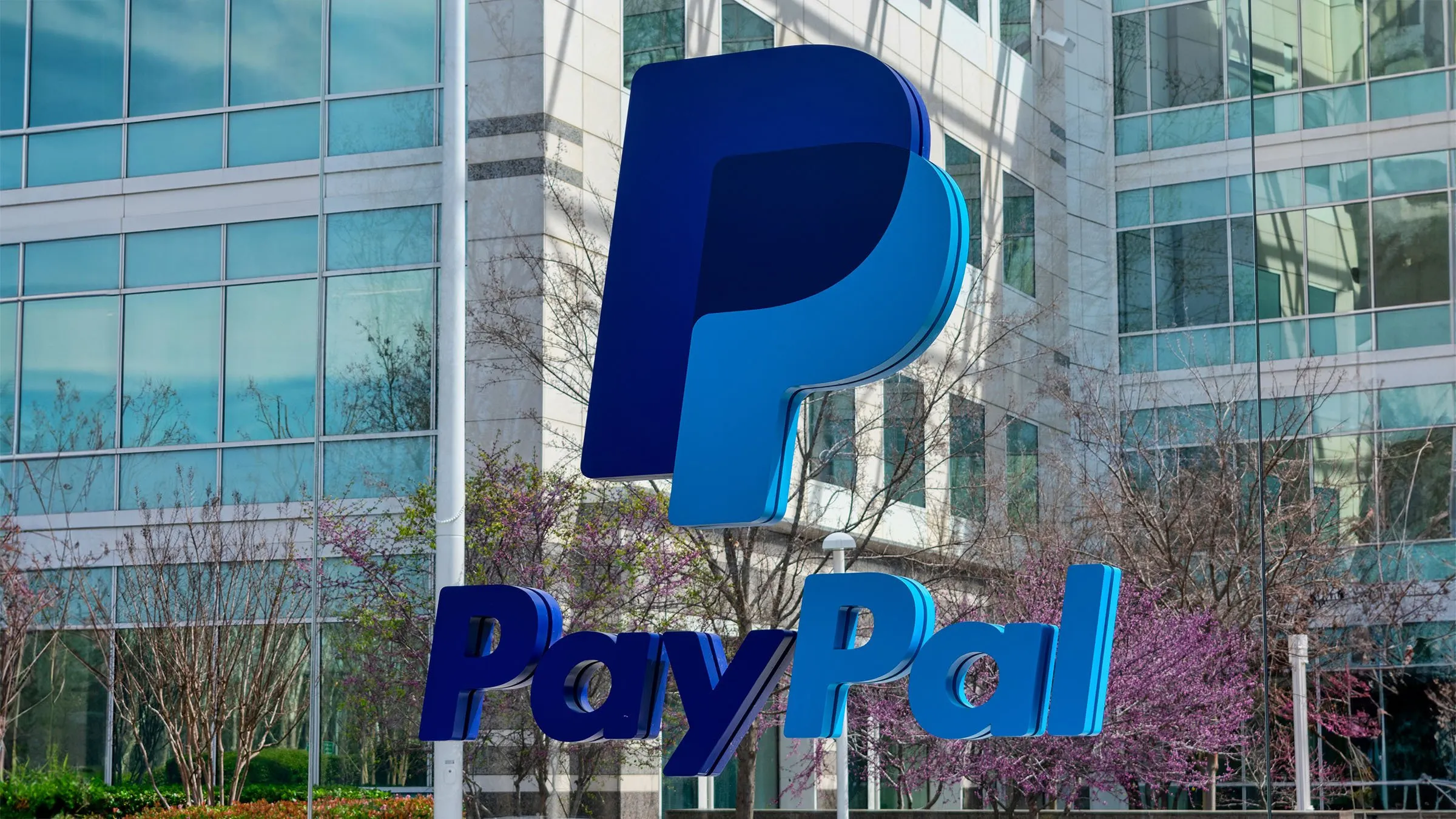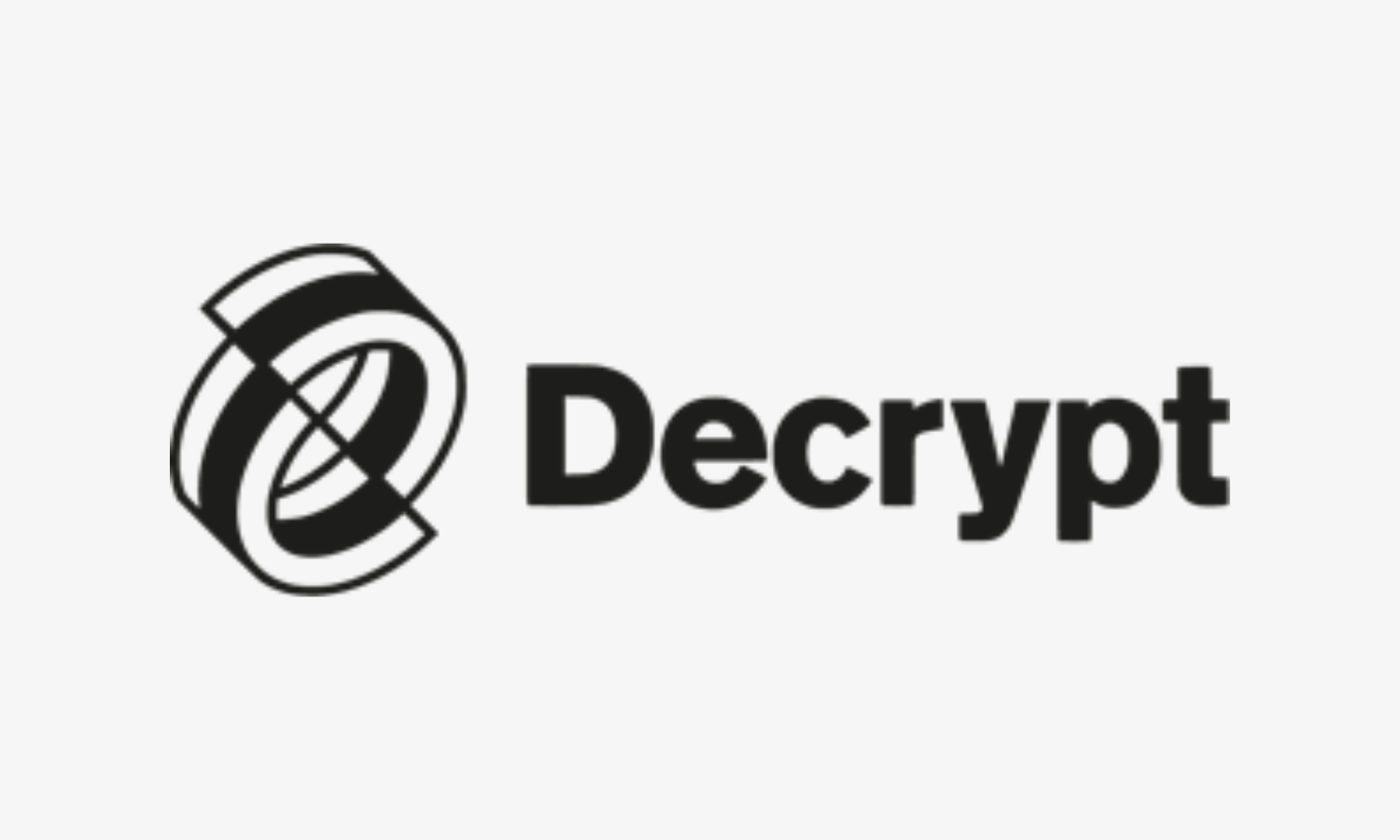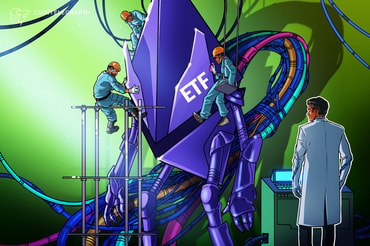SEC Drops Probe Into PayPal’s PYUSD Stablecoin

stablecoinThe payments giant disclosed in a Wednesday filing that the SEC had informed the company in February it was “closing this inquiry without enforcement action,” effectively ending its investigation into the PayPal USD (PYUSD) stablecoin.The regulator’s subpoena to PayPal, sent in November 2023, “requested the production of documents” relating to its stablecoin, according to the company’s quarterly report at the time.While the details were not made public, such subpoenas typically seek internal communications, reserve documentation, and legal assessments, which are standard tools for evaluating potential securities violations.EthereumUSDTThe stablecoin’s market cap now stands at roughly $880 million, up from under $500 million at the start of the year, as per CoinGecko data.In efforts to expand PYUSD’s reach, just last week, PayPal announced a partnership with global crypto exchange Coinbase.The partnership will integrate PYUSD across Coinbase’s platform, allowing users to buy, sell, and trade the stablecoin with no fees and redeem it 1:1 for U.S. dollars.The regulator’s decision to abandon its probe into PYUSD is part of a broader regulatory thaw under the Trump administration’s newly restructured SEC.The dropped probe marks yet another reversal by the SEC as it backs away from the aggressive “regulation-by-enforcement” strategy that defined the former SEC chair Gary Gensler’s era.Now led by a newly empowered crypto task force under Commissioner Hester Peirce, the agency has softened its stance, recently closing cases against Coinbase, Robinhood Crypto, Uniswap Labs, and NFT marketplace OpenSea, among others.The SEC’s decision also arrives as lawmakers ramp up efforts to regulate the stablecoin sector.In early April, the House Financial Services Committee advanced the STABLE Act, which would require dollar-backed stablecoins to be fully collateralized, redeemable, and issued only by approved entities under federal oversight.Meanwhile, the Senate’s GENIUS Act, which also passed committee, proposes a dual-track framework allowing both state and federally chartered issuers.Both bills seek to provide clear rules for reserves, redemption rights, and anti-money laundering standards, though they differ on how much power state regulators should retain.While neither bill has yet become law, the legislative push signals bipartisan urgency to rein in stablecoins without stifling innovation.



















